History, current state, and future of otgontenger university


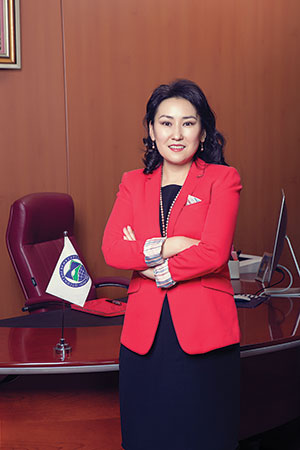
Otgontenger University has now seen its 25th academic year. Our university first started our voyage in education with a team of faculty led by experienced, senior professors and scholars, including R.Gurbazar, an English & Chinese language translator, who was educated at the universities of Moscow and Beijing, and D.Chimeg, who has many years of teaching and research experience.
In the first ten years, we launched degree programs in Law, Economics and Business Administration and Journalism, expanded the areas and scope of studies, and enlarged our team of faculty by having leading experts in various fields join as professors, such as L.Baasan, a prominent scholar known as the ‘Labour Law Baasan’ among citizens and lawyers, D.Dorligsuren, an economist and scholar, and D.Naranchimeg, an acclaimed civil law professor.
By continuously improving our faculty’s theoretical knowledge and effective teaching skills, and enlarging the university’s facilities, our university has made its own place in the education market and our reputation has risen. These investments contributed to cultivating more skilled graduates, whose employment level has risen to 80 percent.
Our younger professors who have been accumulating teaching experience have also worked towards earning their graduate degrees, researching and presenting their findings to students and the public. In the last three years, eight professors from our school completed their graduate studies in areas of complex social and humanities subjects. We are proud of our researchers who earned degrees with their intellectual endeavor and labor. In the last 25 years, Otgontenger university professors have published over 500 books, textbooks and manuals.
All Otgontenger University degree programs were accredited in the 2013-2015 academic year and the process of international accreditation has begun.
We are getting closer to realizing our goal of becoming a research university...
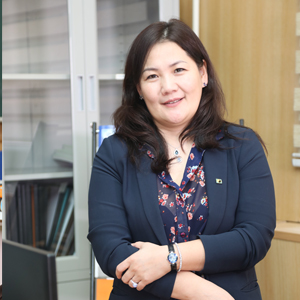
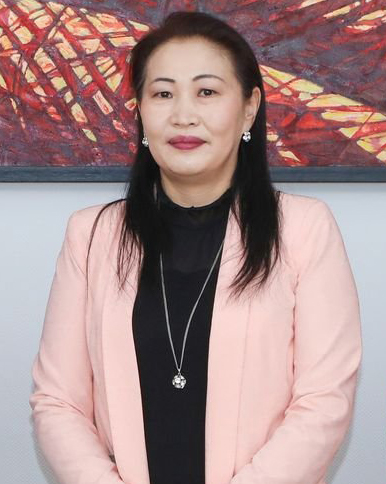
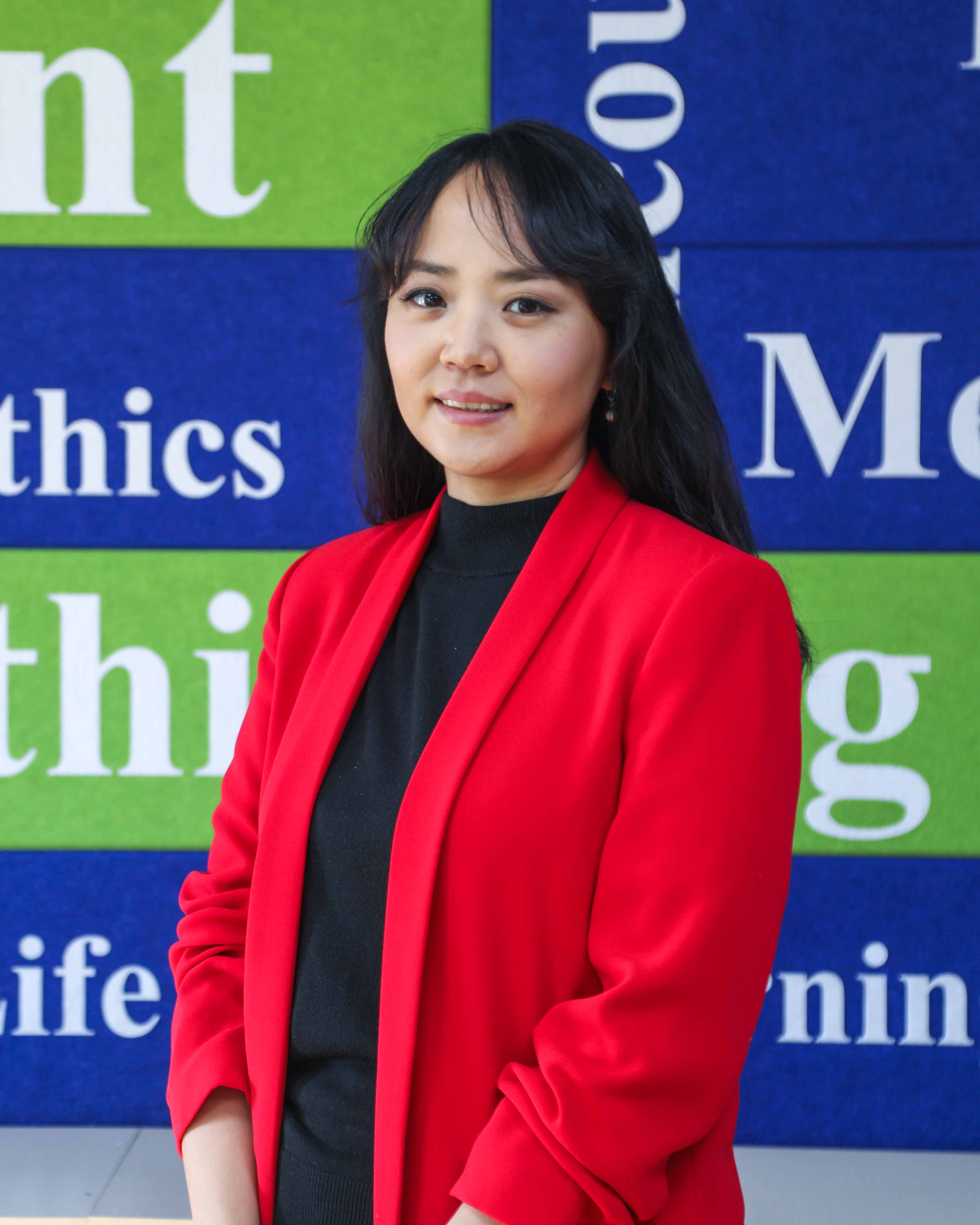

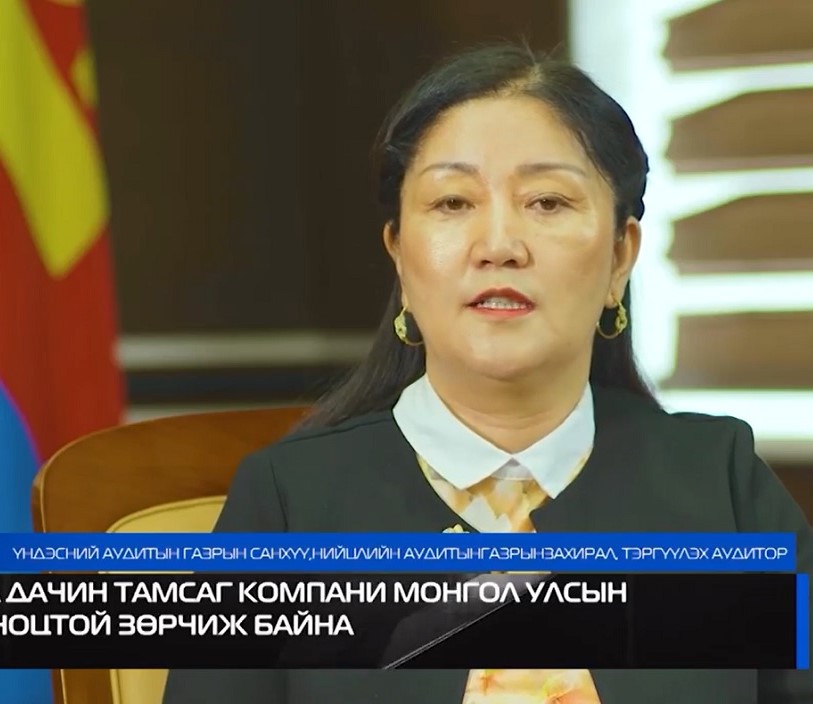
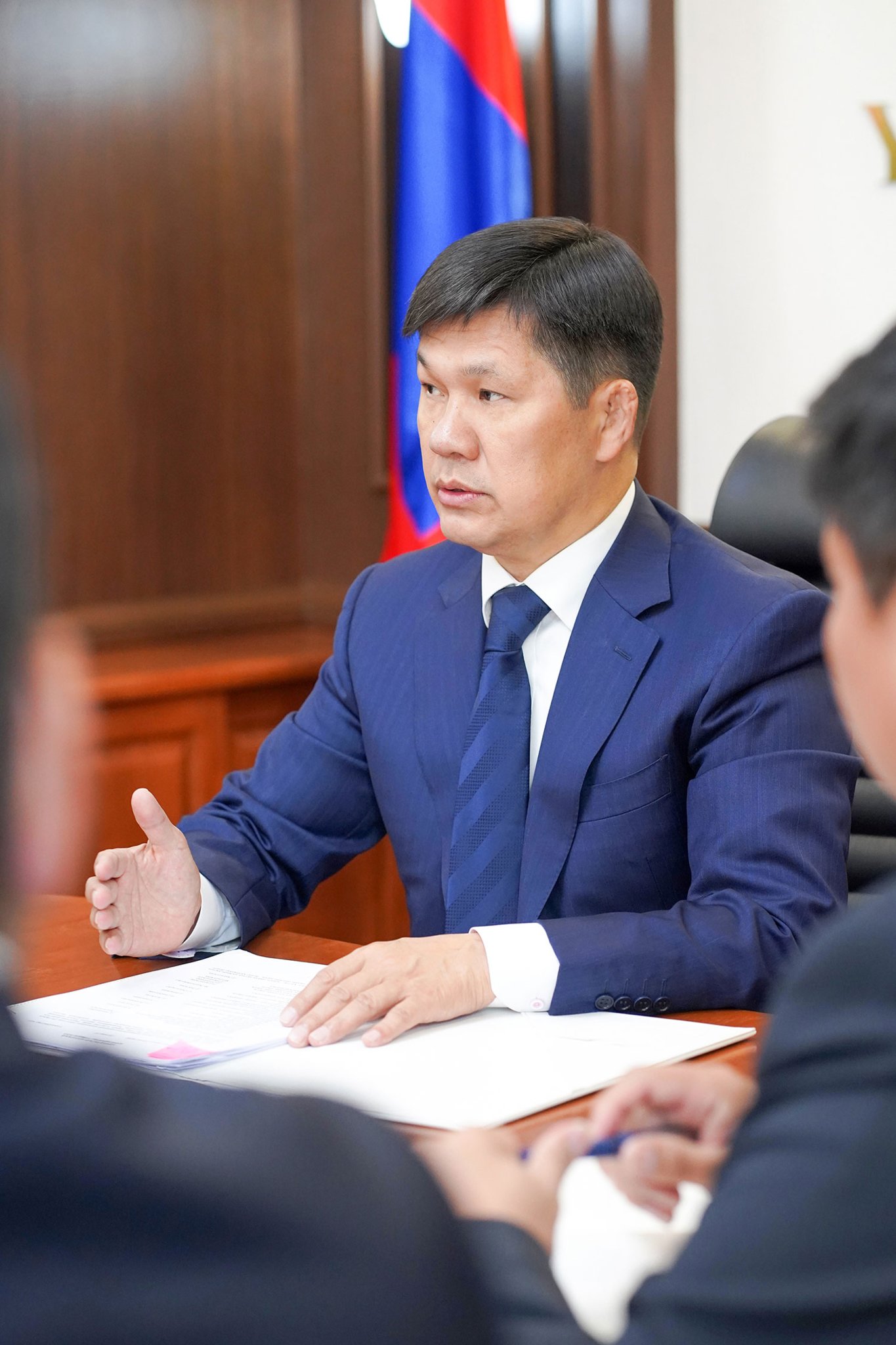
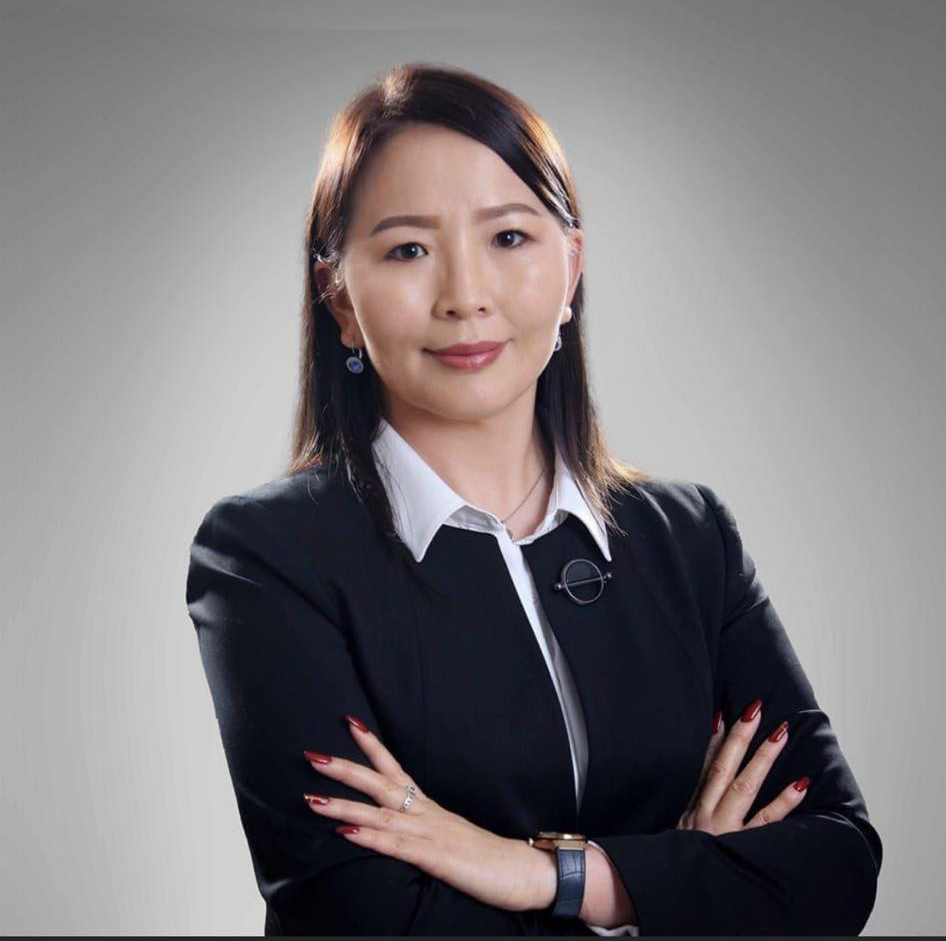







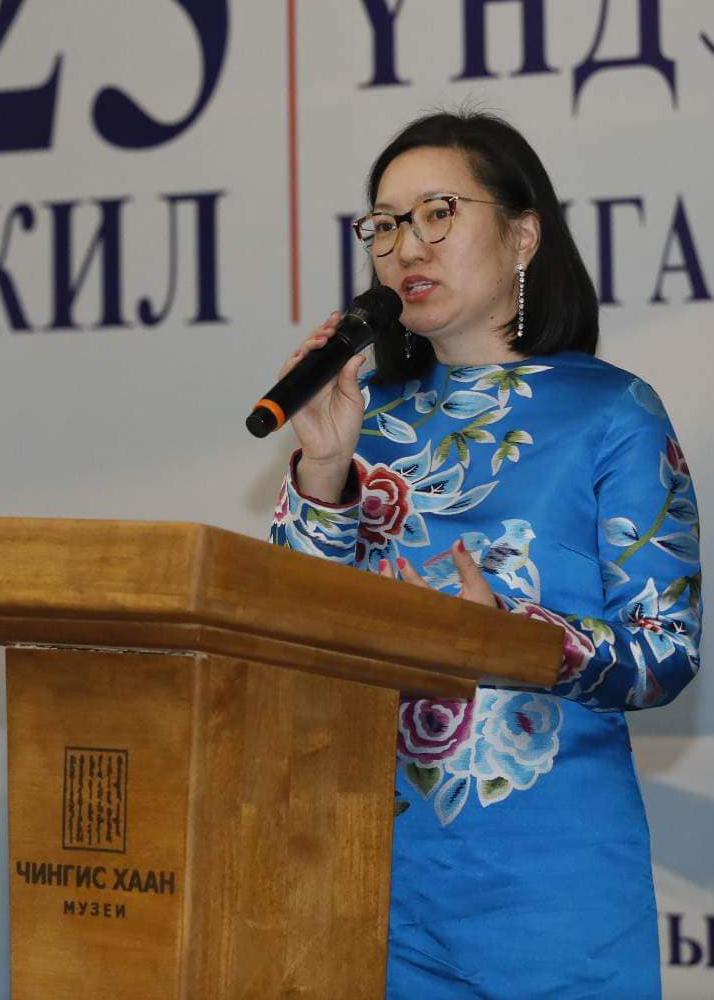

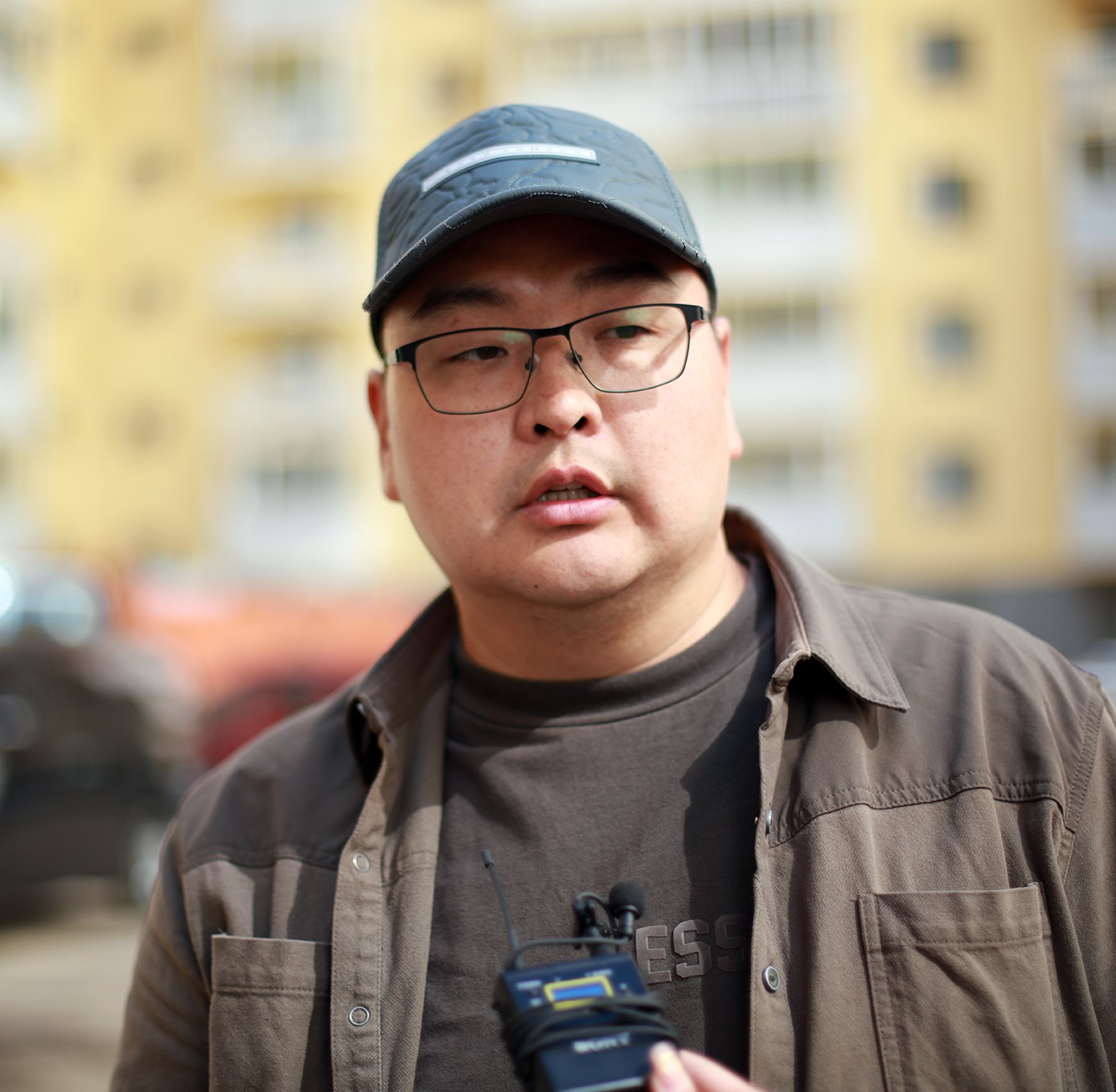

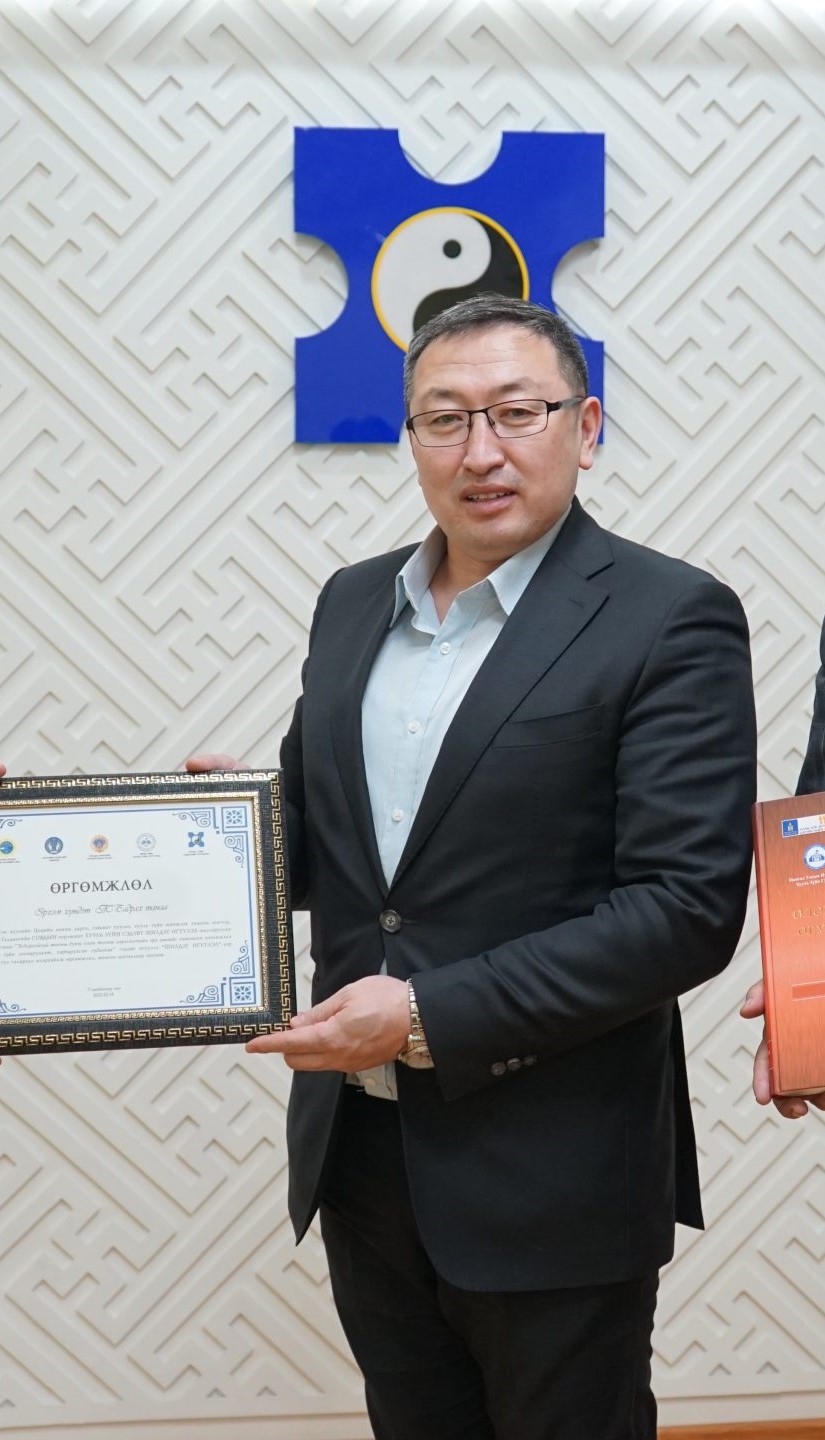

Students majoring in journalism choose to specialize in newspaper, TV, or radio journalism. It became harder to thrive in today’s world without being exceptionally good in a particular skill. One can earn a reputation for being a good journalist only by being distinguished in an area of expertise, and style of writing. Therefore, our students have to strive for perfection in a particular area, not be able to do everything.

Pride of Otgontenger University. After The New Constitution (1992) was put into force, demand arose to provide higher education for lawyers who have secondary education. Otgontenger University is credited for educating hundreds of lawyers at the request of The Ministry of Justice and Foreign Affairs of Mongolia, The Judicial General Council of Mongolia and The Association of Mongolian Advocates. Alumni of Otgontenger University have been effectively applying their skills and knowledge in the State Great Khural, government, the Constitutional Court, advocacy, jury, prosecutor’s office, ministries, agencies, court decision enforcement, local administrative body, NGOs and private sector organizations, and in universities and colleges.
The pros of Law School. “A university is essentially a unity of professors, students and books (library). The Law School of Otgentenger University has professor with rich experience and exceptionally high education”.
A word for youth. “It is good for you to focus on learning to race with and save time, and to always be on time in your university years. It’s important to learn how to live by Gregorian calendar, not a lunar calendar. Not everyone must have higher education. If you have decided to pursue higher education, think early on about where you will stand and what you will do. We have to measure the time, not the other way around. Make the most out of your time and always strive forward. It won’t hurt to be energetic, active and playful. But humbleness clears the greed out. Being humble means self confidence.”
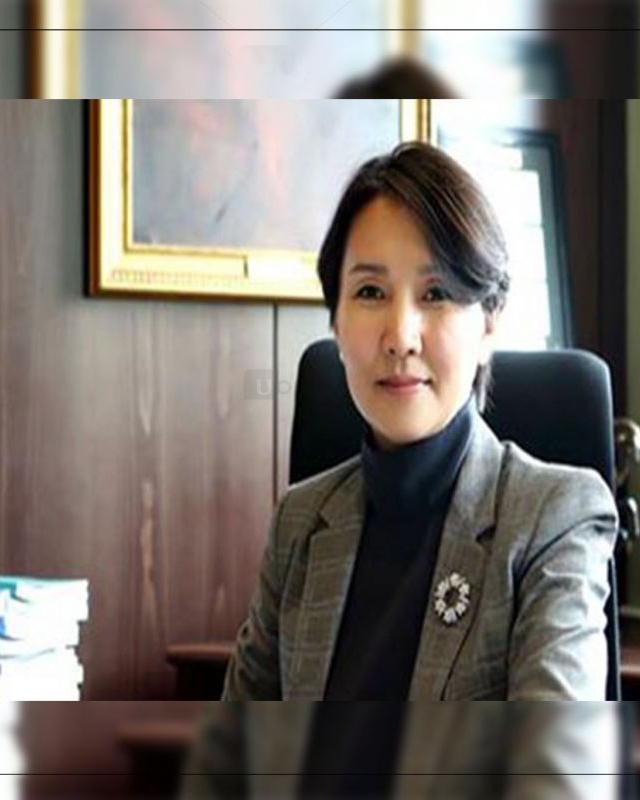
Turning point. Until 1991, was the responsibility of a few state-owned universities to train college-educated professionals. The paradigm of the time included professor-centered classrooms and acceptance of the socialist system and one-party ideology. At that time, there was no question of competition and holistic management in higher education. However, in 1991, when private universities such as Otgonter University were founded, the first steps to change this setting of limited growth were initiated.
Disciplined university. At Otgonger University it’s a routine practice that bell rings, classes start on time, and student facilities such as internet labs, cafeterias, and libraries open promptly at the scheduled times. Classrooms are tidy and there is green space outside, which attract people’s attention. You can rest sitting on chair or on the grass if you want. After all, a tidy and well-kept environment depends hugely on the community. In a word, our campus environment defines who Otgontenger University people are.
A common goal. Otgontenger University is a holy temple of education and knowledge, where students, professors and staff all are enthusiastic about working towards the enlightenment of others. Every year, our goal is realized when bright youth wear their graduation pins and make their family happy after four years of hard work. There are very few days as beautiful as commencement day. To reach this goal of ours, we abide by our principles and work towards our common goal.
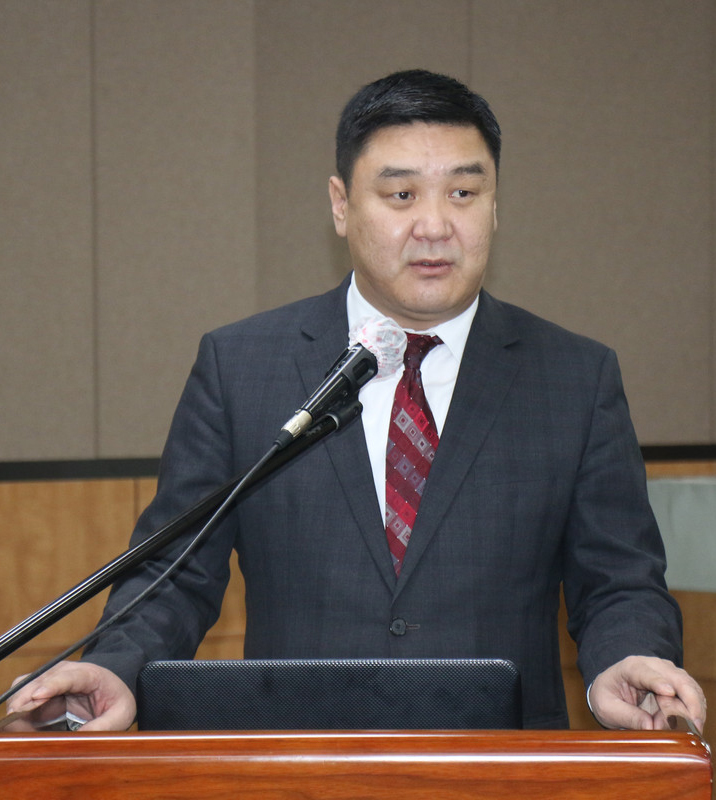
“Sayings such as “don’t give up”, “make an effort”, and “do your best” have been used so many times that they have lost their values. However, in truth, these sayings are meaningful and worth considering. There are times when you feel you don’t have the talent to accomplish certain tasks. Being talented, after all, means being able to do what you love to do persistently. In other words, if you know yourself well and realize that you can do the job with passion, you should persist without listening to self-doubt. If you can do so, one day you will be able to do the job perfect. Therefore, aim to excel at one thing you like to do instead of pursuing many interests at the same time. Learn to strive ceaselessly if you want to be a great journalist, financial professional, accountant, or Head of the School of Economics and Business researcher.
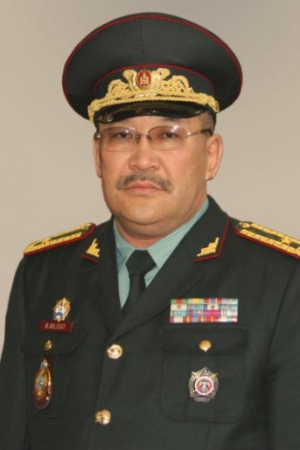
My life and my career are rich in memories of student life and student years. Rarely, there is a student who doesn’t make a mistake. There are times students give up their dreams and goals.
Priceless opportunities go away when one spends time aimlessly. My experience has proven how significant it is to recognize each student’s potential and encourage him or her during exactly that period in which they are directionless.
A student of mine who graduated last year had neared the point of squandering his student years. When I met the student at that time, I commented on his Chinese & English language skills and convinced him that he has many opportunities to succeed if he made an effort, but that he might very well lose them if he didn’t take the chances now. Since that day, realizing how he shouldn’t lose his worth, he worked hard and successfully graduated.
At the graduation examination, he fluently introduced himself in Chinese and English and answered the questions brilliantly. I was very proud of my student.
Not long ago, clothed in his uniform, he visited me with his grandmother. It was just after he got a job. His grandmother said to me “You are the one who changed my grandson. You brought happiness to our family”. It was a happy meeting.
One word can make one realize his worth. One person’s faith in you is powerful enough to bring success and pride closer.
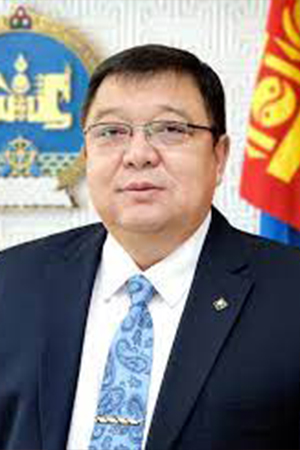
A university is a place full of opportunities; however, students sometimes don’t recognize them. Scholarships and exchange programs, research symposiums, competitions, clubs and organizations are all opportunities. Those who use these opportunities learn to develop themselves and become more competent. After I graduated and began teaching, I finally understood that professors are those who give opportunities. If one gets accustomed to missing opportunities while being a student, he or she will continue missing opportunities in life, at work, and in business environments. Therefore, one should take opportunities whenever possible. There is a phrase, catching stars. Stars are opportunities.

“In 1990s, when the issue of education sector reform used to be fervently discussed, a group of professors, from the School of Law at National University of Mongolia, including myself, spoke out, wrote and offered critical feedback. We articulated how to contribute to the training legal professionals, what changes and improvements to make, and the upcoming trends in legal education.
In the 1994-1995 academic year, Otgontenger University, one of the first private universities in Mongolia, began offering degree program in International Law and was looking for experienced professors. When I went up to visit the university, a young woman who had founded the university welcomed us warmly and expressed her intent to work with and support us. That is how I met founder D.Oyunkhorol and now we have worked together for 20 years.
While having worked as the Department Chair, Principal, and Vice President of the university, I am extremely pleased to have witnessed and been a part of the numerous projects at the university. A few of these many projects include the first certification of a higher education institute, partial and full accreditation, new degree programs, international and domestic projects, structural change, anniversaries, and construction projects. In all these years of working in administration, I have reminded myself, “There is no such thing as a bad team, but a bad manager”.

Harvard Program. Zolbayar participated in organizing the Asia Leadership Trek conference in Mongolia , an event attended by over 30 students from Harvard University. Asia Leadership Trek is a program where participants visit countries in Asia, engage in discussions in each country, and meet and share experiences with influential people in different sectors.
The Value of Education. Most Asian countries, namely, the Philippines, Thailand and South Korea, have faced many of the same challenges as Mongolia now faces. Every person I met emphasized that they overcame these challenges by developing the education sector. After the program, I was convinced that anything can be changed through education. Education is most influential in discovering what one is capable of and learning about oneself.

Continuous growth. “I always think and plan about what improvements can be made at our university. It is satisfying to implement and realize these projects”. Key to success. “My main responsibility is to ensure that the university operates smoothly and that students and professors are provided with a favorable learning and working environment. That’s why I value the success of everyone who works and studies at this university and am encouraged by their achievements.”
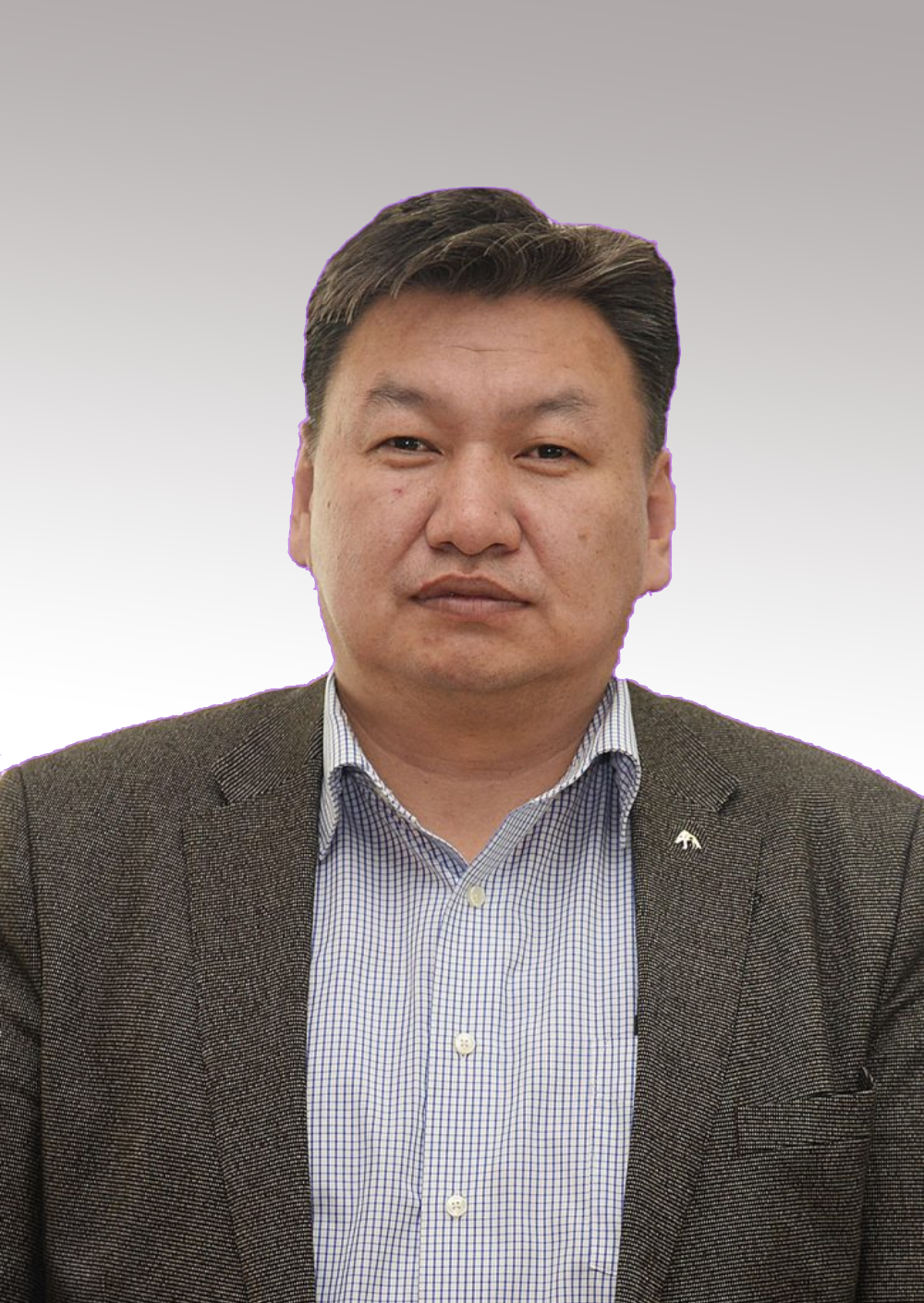
“In the past, there was no language more important than Russian. But, nowadays, the importance of learning English has become greater. I learned Russian at school and English on my own. That’s why, I used to assign translation homework to my professors whenever possible. Students wouldn’t respect their professors if they have no understanding of English at all and can’t even write down the basic professional terms correctly on the blackboard. When one learns a foreign language, his or her way of thinking improves. Therefore, it is important to learn whenever there is a chance instead of waiting to study in the classroom. It’s important that students also strive to learn languages”.

“There’s this common misleading attitude among high school students that only public universities are decent. Even other people advise so too. But I have visited a number of schools after I graduated to take a look myself. In fact, nothing at Otgontenger University was inferior to public universities. At that point I understood, the most important thing is to choose a major, not a university.
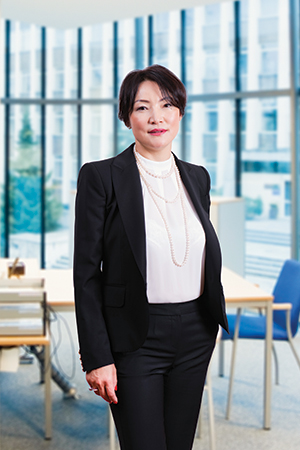
Otgontenger University is one of Mongolia’s first private universities. When OTU started its first academ- ic year in 1991, my younger sister enrolled at the university. My sister learned Japanese and English really well, which proved to us that the uni- versity provides quality education for its students. Many of my friends and family have graduated from Otgon- tenger University since then.
Otgontenger University produces highly ethical alumni. Although the university does not tend to expel its students due to high expectations, it makes an effort to support students in every possible way to attain skills and knowledge to meet high expectations. The university keeps its tuition fee terms flexible and supports students who have talents in sports or arts, who are impaired, or from poor families.
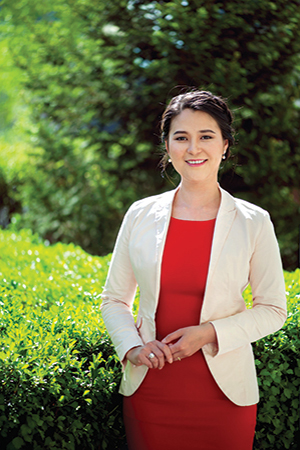
“There’s no secret to learning lan- guages. Those Who triy hard, who dedicate their time significantly get better at languages. There is a common myth among youngsters studying Chinese that it is better to study in China. Actually it’s not necessarily so. You can learn Chinese really well in Mongolia, too. It is all about creating an environment for your learning. Speaking in Chinese with your professor at school or watching Chinese TV programs at home are good examples. There are many Otgentenger University students who speak better Chinese than the students who studied in China for four years.
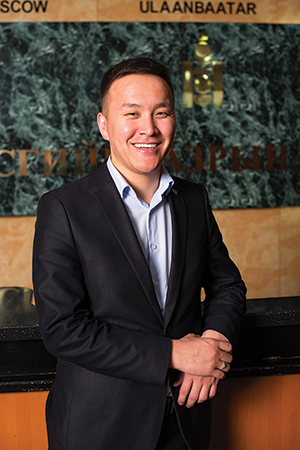
Championship in Greece. “Debating originated in Greece. That’s the reason the slogan of this year’s championship was “Debating comes home”. Although the first debate clubs in Mongolia were started in 1999, we have never competed in the championship. This is a huge competition with teams representing more than 400 universities. There are even Harvard and Oxford students among the participants. We have trained intensely for the competition for 7 months. We especially improved our English skills. After we competed in the championship, we saw that Mongolian students’ skills and knowledge are not inferior at all.”
Promoting debate. “The big goals we set for ourselves after coming back from the World Universities Debating Championship are to establish the “National Debating University” and becoming the world champion. Our university has been supporting it a lot. We are implementing a project called Debate-Development at secondary education schools. The main weakness of Mongolian students is language skills. Because students who are good at debating lack language skills, and students who aced languages don’t debate, our objective is to train language savvy students in debating in the short term and to train good debaters in languages in the long term.”
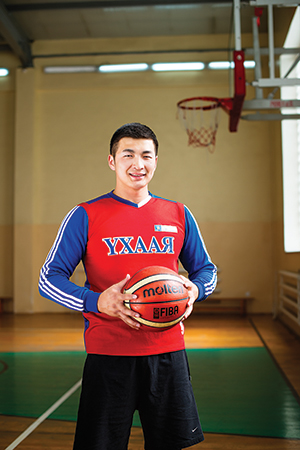
“I practiced wrestling since I was little. My father is a wrestler, with the Rank of “Hawk of the Nation” (Khartsaga). When I started to play basketball after enrolling in university, my father didn’t like it a lot. It wasn’t his fault. Who would think that his wrestler son would turn into basketball player? Once, after watching my match, he told me “An athlete must not lose his enthusi- asm no matter how exhausted he is.
Basketball or wrestling, no matter what you are in, stay determined and bold.” He told me with subtle encouragement seeing my passion in basketball. The ones who taught a judoka boy everything from the start to are my teammates. I couldn’t even dribble, I could do nothing more than throw the ball.”

Our university’s basketball team is famous, but we tended to overlook soccer. That was the time in which we started our soccer team. I realized that students must never underestimate themselves. Now it seems to me that underestimating oneself costs many lost opportunities. I have also understood the power of being consistent and hard working in anything. After the Duulian championship, students from the semi-final participated in the “Involvement of youth and health” forum, which was organized by World Vision. Most of the students were uninvolved, but I didn’t miss a single meeting. And before I knew it, I was among the students who were going to Brazil after the forum. I was even the team leader of Mongolian students. Discussing globally critical issues with young people from around the world in a sunny Brazilian beach city was a reward for being consistent, I think.”
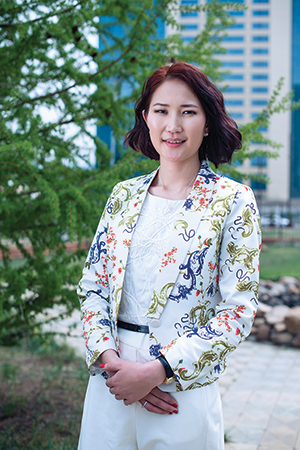
“An educated person is a one who is well conducted. I realized that simple communications skills become the strongest advantage after education. It starts with at least carrying out tasks in time. Don’t choose to do your internship at a place that will only let you make coffee. It is important to seriously think about whether to learn by observation at a busy office or by experimenting under the supervision of a skillful leader.”

“Learning a language well is all about studying everyday. I cultivated a habit of writing down 4-5 pages of HSK characters, speaking Chinese to teachers as much as possible, and listening to Chinese songs when I was free. Also, reading books is helpful. Besides that, teaching elementary school children helped me a lot. It is absolutely possible to learn languages really well in Mongolia without going abroad. The most important thing in learning languages is effort.”
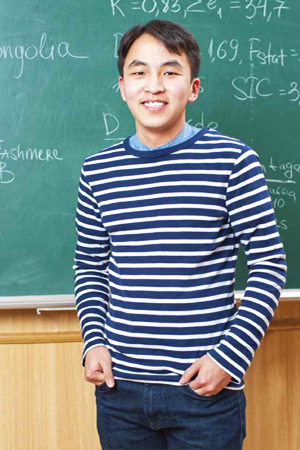
Improving my English. Students don’t learn English really well unless they are in English specialization class. I was one of them. I used to know the grammar, but couldn’t hold a conversation and understand sentences when I heard them. So I decided to completely change my language learning approach immediately after I enrolled in Otgontenger University. I found that learning language is like a child learning to talk. We don’t learn to speak by studying grammar. In short, I realized that thinking too much was a barrier for me. So I started to watch films and famous speeches in English. And to add one thing, I find it easier to widen your vocabulary not by memorizing a word, but memorizing words in a sentence.
Being selected for the student exchange program. To go to Taiwan, you should be good in Chinese or English. I was eligible because I had been improving my English since my freshman year. That year, a professor and a couple of students were selected. After going there, my language improved even more. Mongolians call it “ears opening up”, which refers to listening and speaking skills in a language improving a lot over a short period of time. Students from many countries around the world come to study there, so we have to communicate in English. I made friends with an American student named David there. He was not good at playing basketball, but I was. So I taught him how to play basketball, and of course he taught me English.
Experiencing competition. It seems like competition is low in Mongolia because it has a population of only 3 million people. Taiwan has a population of 23 million. Also the population density is high, so the competition is very high there. Witnessing all the Asian students like me studying really hard made me very desirous. Therefore, I started to put more effort than ever before. I also improved my English. Generally, it is essential for students to travel or go on a student exchange program and see how the rest of the world competes with their own eyes.
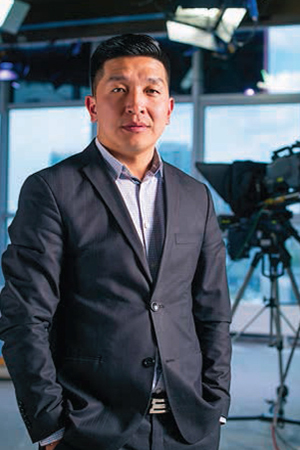
The current situation in media: “A few years ago, TV and newspaper were the main sources of information. Nowadays, everyone is an information provider. In other words, everyone has the power, which was only in journalists’ hands. Therefore, a modern journalist’s distinguishing attribute is multimedia skill. A journalist’s audience has become became very dynamic and timestrapped. Nowadays they tend to not like spending a lot of time on particular types of content. So, in order to catch up with and outrun an audience’s pace, a journalist has to be time-efficient. Multimedia skill is the thing to help with that. Getting familiar with various devices and learning to use them effectively is the start of multimedia skill.”
A word for students. “Everyone can use social media as their “private media outlet” if they want. So, freshmen-year students can start with actively posting on their Facebook accounts. But posting pictures is not enough. If you consider yourself as a journalist and nurture a habit of posting short news story and reports on Facebook, you will be an experienced journalist after four years. You don’t have to do your job as a journalist only after becoming employed. In short, a space to prepare yourself for journalism while you are in university is social media.”

Student association. Working for the student association is not easy. Meetings can continue for an uncertain number of hours. You have to organize and attend events besides your classes. It requires a lot from a student. But I used to get a lot of energy and inspiration from what I did because I gave my heart to it. After successfully accomplishing a task to organize an activity, I started to plan the next one urgently instead of feeling relief. Therefore, I demanded a lot from my teammates. In my opinion, one becomes a real leader not by giving orders from above, but by working together and activating people.
A piece of advice. You’ll experience competition everyday at American universities. In such a big country with hundreds of millions of people, opportunities will open up only for those who stay keen, astute, and smart. Therefore you have to think big and push yourself, keeping in mind that there are thousands of students just like you. To me, Mongolian students tend to go a little bit adrift. Expect that. We can be more competent than students from any country.
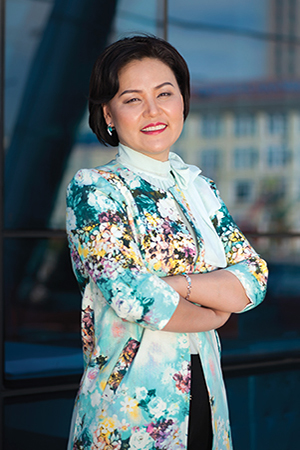
At first, I had my students write an essay to answer what will be changed in their lives after enrolling in a university. But there was something wrong in their responses, too romantic. I changed my approach and asked them “What will you do if you had only a week to live?” and had them write. And I noticed that they were contemplating a lot of things in the few minutes given to them. They even confessed all their fears. They understood how little they have done so far. That is when I ask them “God has forgiven you, so what will you do now?” and they think about their futures sincerely. In just a couple of minutes, a change happens in our students and their visions about how and for what they will dedicate their time to is renewed. You might find this interesting–I still keep those essays. Now they are reputable professionals contributing to our country’s development. They can read what they wrote many years ago even today.